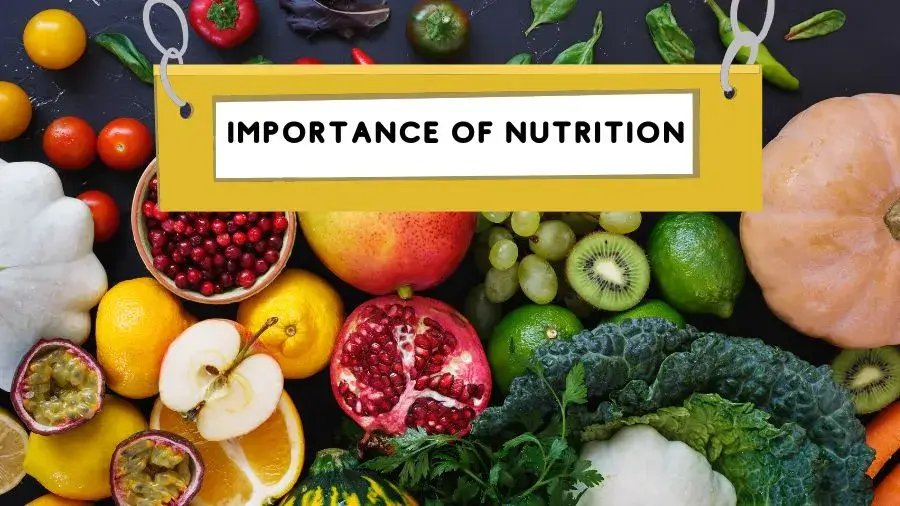Ever wonder why you feel sluggish after a bag of chips or energized after a balanced meal? It all boils down to nutrition. Nutrition is the foundation of our physical well-being, impacting everything from our energy levels to our risk of chronic diseases. Just like a car needs the right fuel to run smoothly, our bodies need a nutritional diet to function optimally.
The Power of a Nutritional Diet for Physical Well-Being
Physical well-being encompasses a state of health that allows us to perform daily activities with ease and enjoy a fulfilling life. A nutritional diet plays a crucial role in achieving this state. Here’s how:
Energy Levels and Stamina
Nutrition provides the fuel our bodies need for energy production. Carbohydrates, fats, and proteins are the primary energy sources. Complex carbohydrates from whole grains and fruits offer sustained energy, while simple sugars from processed foods provide a quick but fleeting boost. A nutritional diet rich in complex carbohydrates ensures you have the energy to tackle your day without experiencing crashes.
Furthermore, protein is essential for building and repairing muscles. When you consume a nutritional diet adequate in protein, your body has the building blocks it needs for endurance activities.
Muscle Recovery and Repair
Following exercise, our muscles experience microtears. A nutritional diet rich in protein provides the amino acids needed for muscle repair and growth. This translates to faster recovery times, improved strength, and better overall performance.
Disease Prevention
Chronic diseases like heart disease, diabetes, and some cancers are linked to poor nutrition. A nutritional diet low in saturated and trans fats, added sugars, and sodium, while rich in fruits, vegetables, and whole grains, can significantly reduce the risk of developing these conditions.
Physical well-being is not just about the absence of disease; it’s about feeling your best. A nutritional diet promotes a healthy weight, which can improve mobility, flexibility, and reduce stress on your joints.
Building a Nutritional Diet for Overall Health
Creating a nutritional diet doesn’t have to be complicated. Here are some key tips:
- Focus on whole foods: Prioritize whole grains, fruits, vegetables, legumes, lean proteins, and healthy fats.
- Limit processed foods: Processed foods are often high in unhealthy fats, added sugars, and sodium, offering minimal nutritional value.
- Stay hydrated: Water is essential for all bodily functions. Aim to drink plenty of water throughout the day.
- Read food labels: Pay attention to serving sizes and the nutrient content of the foods you consume.
- Plan your meals: Planning helps you make healthy choices and avoid unhealthy temptations.
- Don’t deprive yourself: Allow yourself occasional treats in moderation. A balanced approach is key.
Conclusion
Nutrition is a powerful tool for optimizing your physical well-being. By incorporating a nutritional diet rich in whole foods, you can fuel your body for peak performance, improve your health, and feel your best inside and out.
Sources:
- Why It Matters | Nutrition | CDC (https://www.cdc.gov/nutrition/about-nutrition/index.html) (2019)
- Why is Nutrition Important to Health? – The Pennsylvania State University (https://hhd.psu.edu/nutrition) (2011)
- The Importance of Good Nutrition | Tufts Health Plan Medicare Preferred (https://www.tuftsmedicarepreferred.org/healthy-living) (2023)




